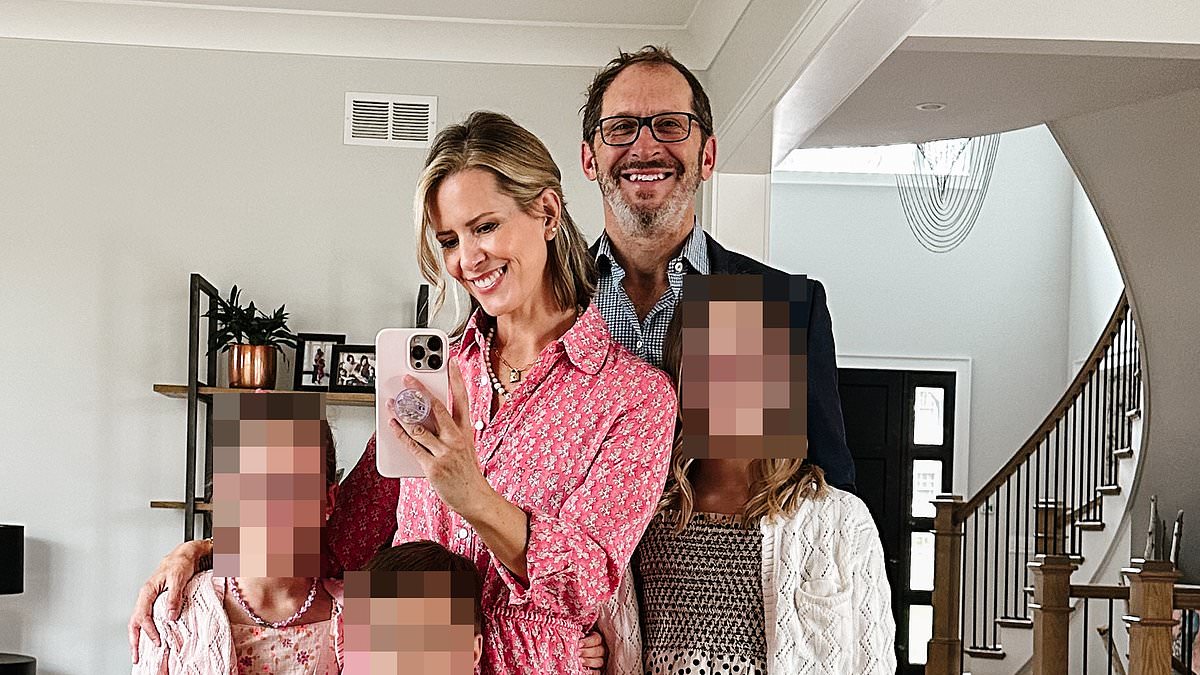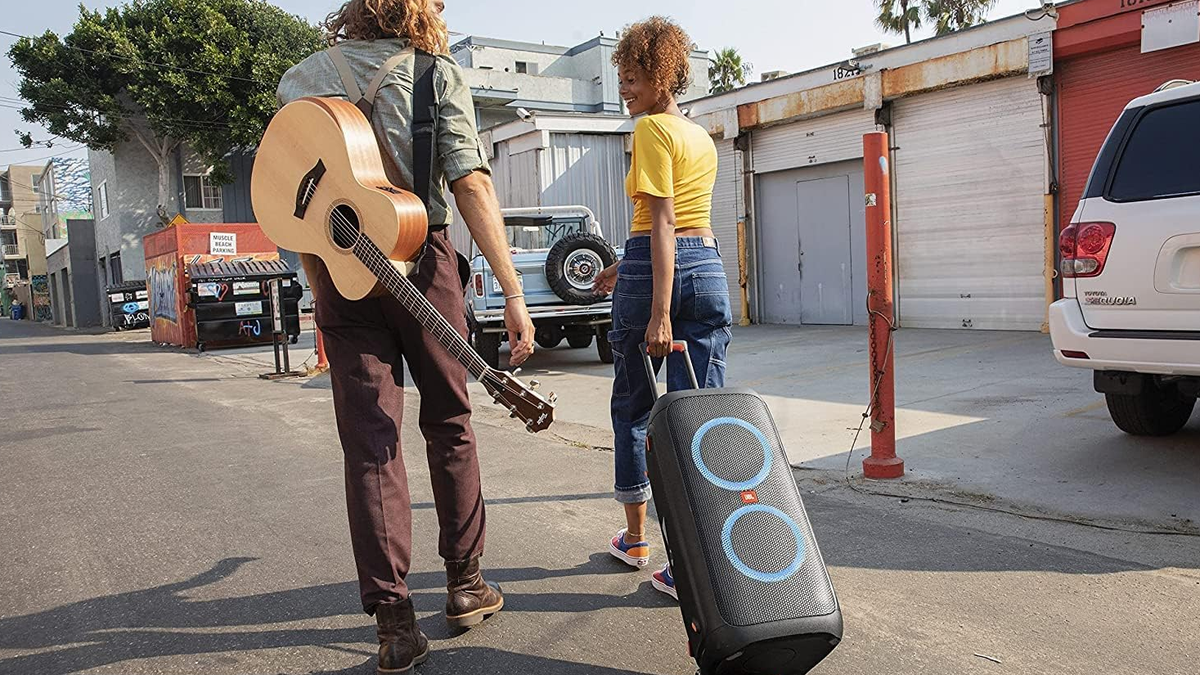By Editor,Ruth Walker
Copyright dailymail

The morning after a pool party with friends, Suzanne Warye woke up with hanxiety from hell.
She had little memory of what had transpired the night before, but she knew one thing for certain: she must have nursed her newborn while blackout drunk.
‘I pictured myself stumbling out of bed and down the hall to his nursery, leaning over his crib and scooping up his teeny body,’ Warye reveals in her new book ‘The Sober Shift.’
‘He was helpless. I was drunk,’ she writes. ‘Dread quickly turned into self-loathing, and there again was the shame. How could I do that?’
Warye wasn’t only a mother at the time. She was also a paid influencer for an alcohol brand, which specifically targetted women like her.
Only after the blackout incident, Warye tells the Daily Mail in an exclusive interview, did she begin to see the bigger picture: that mommy wine culture – with its witty ‘rosé all day’ tea towels and ‘mom juice’ to-go tumblers – isn’t harmless.
‘Moms are in the crosshairs of Big Alcohol, and the result is more damaging and terrifying than we’ve been led to believe,’ writes Warye.
‘Big Alcohol needs a new target market because their existing market, men, keeps dying of alcohol-related diseases.’
‘Once your eyes open to it, you see it everywhere. And that’s where we get mad,’ Warye added.
There are the ‘Mommy Needs Wine’ t-shirts, ‘Mama’s sippy cup’ glasses and signs at local home furnishings stores that read ‘Motherhood is powered by love, fueled by coffee, and sustained by wine.’
Since women do the bulk of household shopping, Warye says, it all makes perfect sense from a marketing perspective that Big Alcohol is competing for an ever larger share of the female market. But that doesn’t make it right.
The Wine & Spirits Wholesalers of America declined to comment for this article.
That day, after waking up full of shame after the pool party, wasn’t her ‘rock bottom’ she said. Rather, it was more of a ‘soft landing’ – the realization that alcohol was no longer her friend and it was time to break up with it.
So, how did she do it?
It started with research – consuming everything she could about alcohol and the science of quitting.
She read an article published by the World Health Organization in 2022 that informed her: ‘Alcohol consumption among women is an important growth sector for alcohol production and sales.
‘While three-quarters of the alcohol that the world drinks is consumed by men, alcohol marketers tend to see the lower rate of women drinking as an opportunity to grow their market, often depicting drinking by women as a symbol of empowerment and equality.
‘They organize corporate social responsibility initiatives, on topics such as breast cancer and domestic violence, and engage with women known for their success in areas such as sports or the arts to promote brands of alcohol.’
Warye also learned that, since the pandemic, women had increased their heavy-drinking days by an average of 41 percent.
In an April 2023 Nursing Report article, Dr Emilene Reisdorfer, Associate Professor at MacEwan University, wrote: ‘Alcohol has been advertised as… a coping strategy to deal with [mother’s] mental health,’ adding: ‘Alcohol-related content posted by mothers on Instagram during the COVID-19 pandemic depicted alcohol consumption as ‘risk-free and minimize[d] its negative consequences.’
Then there’s the damage that even one glass of wine is doing to our bodies.
‘We used to think that it was only heavy drinkers who were seeing effects of alcohol on their brain and on their liver, but that’s just not the case anymore,’ she said. ‘It affects your mental health. It spikes cortisol. It totally messes with your serotonin and dopamine, even when you’re not drinking it.’
Now sober five and a half years – her husband Russell joined her in sobriety a year ago – she said her biggest win has been the opportunity to teach her three children how to feel their emotions without the crutch of alcohol.
‘I’m teaching them that they are strong enough to feel uncomfortable,’ she said, ‘because I think life requires that.’
What was harder to handle was the loneliness.
‘I lost my dad just over a year into sobriety, and feeling alone in grief when everyone around me was drinking… getting through that time was the hardest thing I’ve ever had to do.
‘I know a lot of people are concerned about that. If everyone in your life drank and then you quit, you might not be invited to the parties. You might lose some friends, and there is a period of time where it feels like a lot.
‘And I think that’s okay to mourn what was, and to grieve what you thought alcohol was.
‘You will feel lonely – you will,’ she said. ‘But you won’t stay lonely. My circle is much smaller now. But, man, it is so much more life giving and like connected.’
The Sober Shift: An Empowering Exploration of Sobriety, Parenting, and the Joys of Alcohol-Free Living by Suzanne Warye is published September 30, by HarperOne



